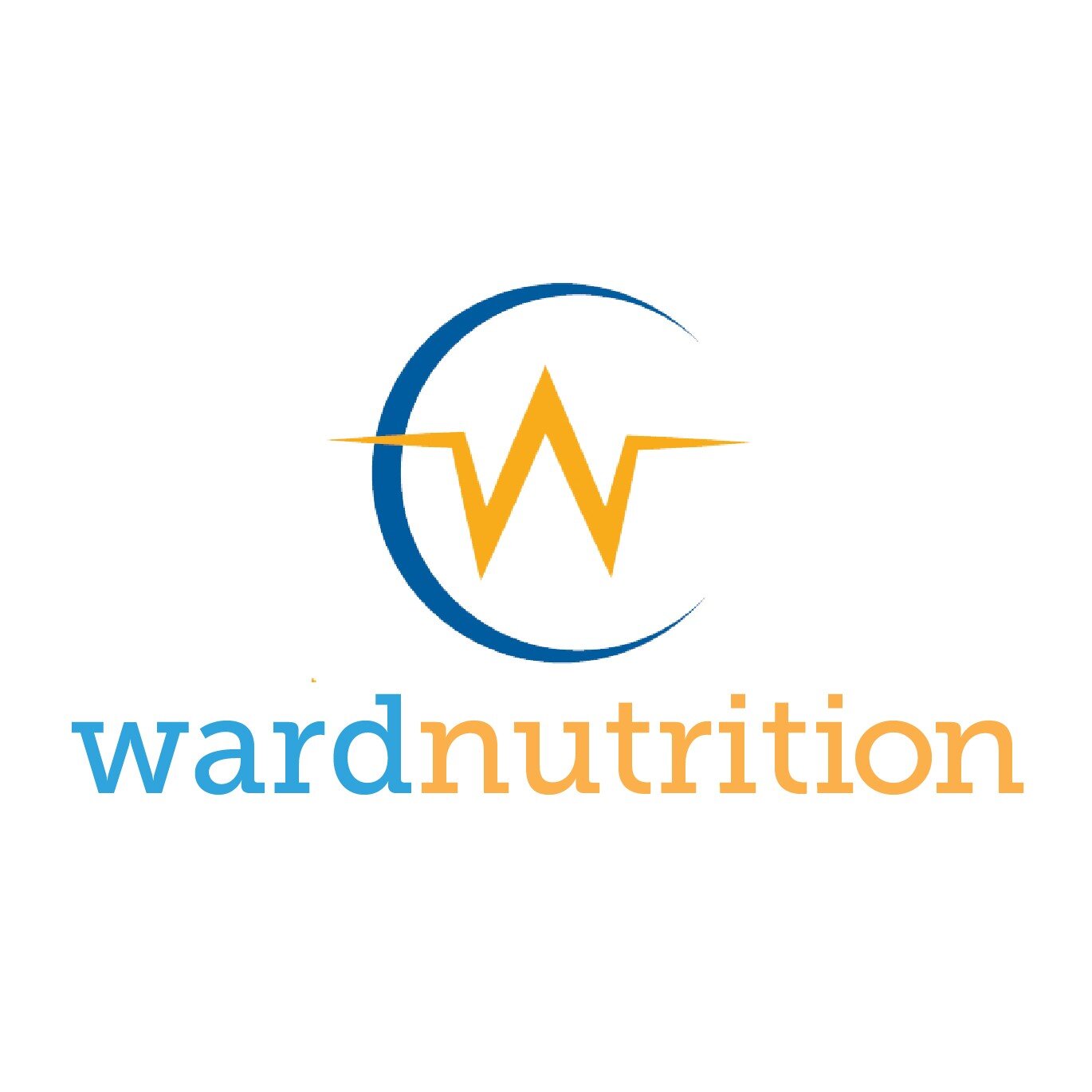Fuelling for Sport: Young Athletes
Fuelling our bodies for sport and exercise is important for all ages, especially adolescents and young athletes. Adolescent athletes participating in sport at all levels must fuel their bodies with appropriate amounts of carbohydrates, protein and fluids to support growth and development as well as meet energy demands for exercise.
Carbohydrates and Protein
It is recommended adolescent athletes consume adequate energy and carbohydrate in accordance with training load for example, consuming more snacks and larger meals on days where training load and duration is higher.
Between 1.3-1.8g per kg of body weight per day is the recommended protein intake for adolescent athletes. High quality protein sources should be consumed including lean mince, chicken, beef, yogurt, tofu, eggs and tuna.
Pre-performance
Pre-exercise meals or snacks should be high in simple carbohydrates, low in fibre, easy to digest and a food the athlete has consumed before. Larger meals should be consumed 2-4 hours before performance whilst smaller snacks can be consumed 1-2 hours before. Options for pre-exercise nutrition include:
- Banana
- Cereal with milk
- Up and go
- Fruit Smoothie
- Raisin toast
- Toast with banana and peanut butter
- Yogurt pouches
- Piklets and jam
Recovery Nutrition
Recovery nutrition is extremely important for the adolescent athlete. A recovery meal or snack should include protein and carbohydrates to refuel energy stores and repair muscles as well as reduce fatigue and increase adaption from training. A good quality recovery meal or snack should be consumed within the first 60-90 minutes following exercise. Recovery meal or snack ideas include:
- Chicken and salad sandwich
- Ham and cheese sandwich
- Fruit and yogurt
- Pasta and Bolognese sauce
- Wrap with chicken, cheese and salad
- Peanut butter toast with banana
- Steak and salad sandwich
- Tuna and rice cakes
Fluids
It is important adolescent athletes are well hydrated before participating in training or sporting events. An appropriate amount of fluid should be consumed during and after exercise to maintain hydration. Sports drinks can be used during long and vigorous training or events however, water should be the main source of hydration.
Seeing an Accredited Sports Dietitian to receive personalised advice is important as recommendations can vary between ages, gender and exercise load. For more information on Sports Nutrition for young athletes and how a Sports Dietitian can help visit our website or come and see our friendly Accredited Sports Dietitians here at Ward Nutrition.
Call us on 5301 6435 or visit our website to book an appointment here.

